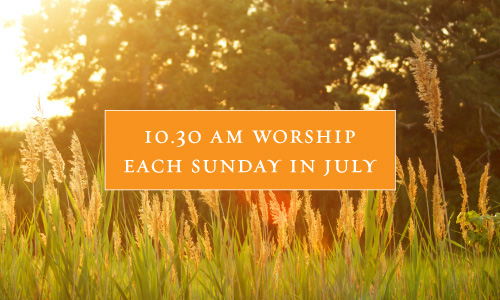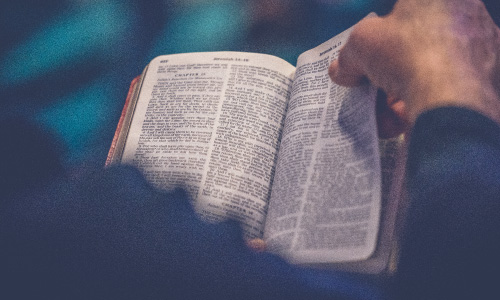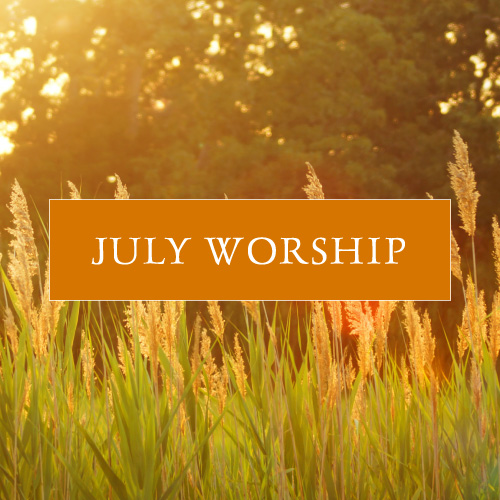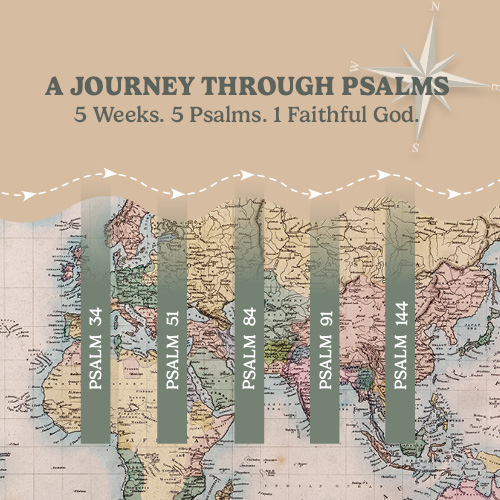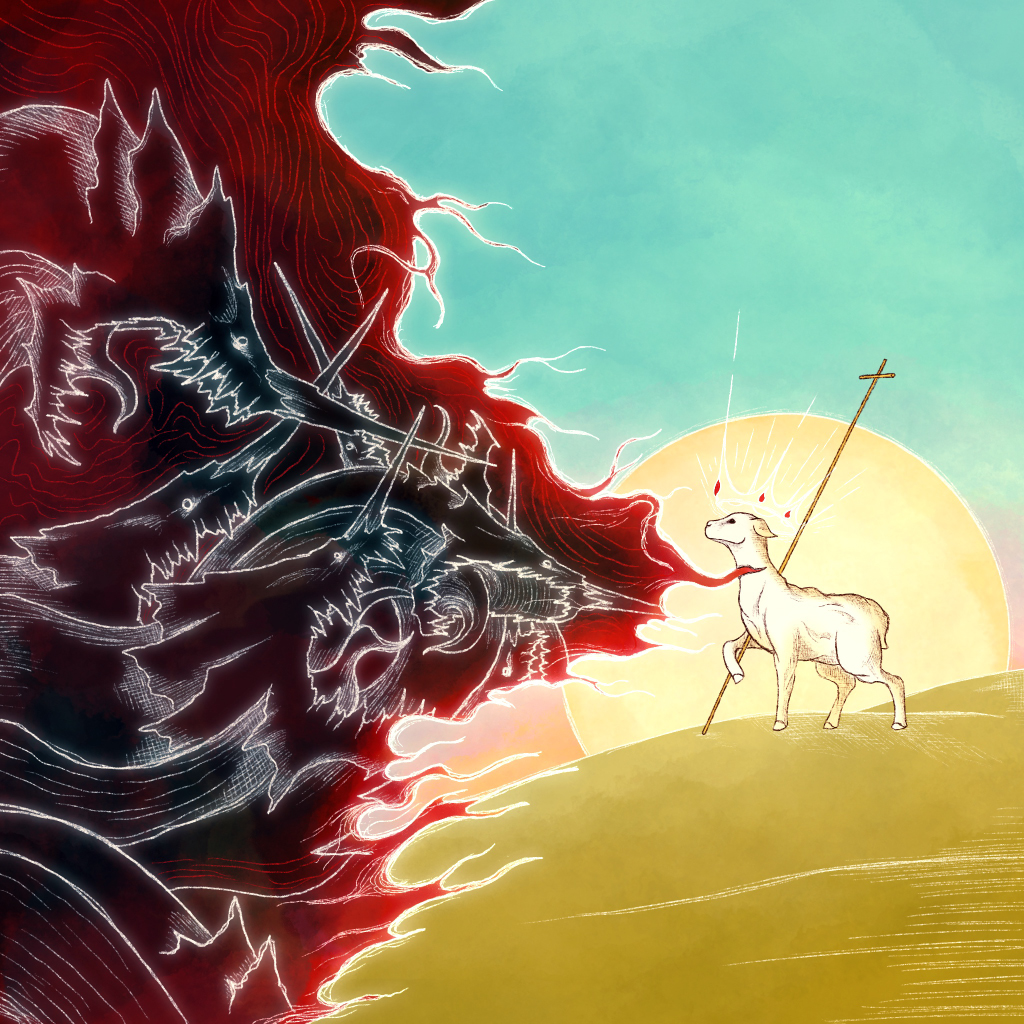Resources
Author
Recent Posts
- Savoring the Season
- In the Season of Ascension
- Rising on Easter Wings
- Religion in Young Baton Rouge
- Stitched into THE Story
- What a Privilege
- Celebrating 200 Years of First Presbyterian, Part 1
- Is This Sci-Fi or What?
- Would You Dance at This Wedding?
- Season of Memories and Hopes
- Neither Optimist nor Pessimist
- So Much Still Ahead
- Suddenly Last Summer
- The Joy of Rhythms
- Church Planting, Staff Changes and Celebrations
- Memorial Garden Expansion
- What a Gift!
- God's Hand Was in Everything: Uganda, Jordan, Egypt and Lebanon
- Ready for a Third Century?
- Why Do We Keep Time?
- Praying Alongside Jesus
- Reflecting and Visioning
- Catch Fire!
- All the Things to Love
- The Giving Quilt
- Give Glory! Stewarding God's Grace
- Who Dat?
- Fall Discipleship
- Fill Your Horn with Oil, and Go
- God's Economy
- The Perfect Re-Gifting
- Which Way Is Your Face?
- How Can I Find Easter Joy?
- Pastoral Counseling and Spiritual Direction
- The Strange Way the Gospels Are Written
- Watch and Pray
- A True Joy + Enlightening: Romania Mission Trip
- The Power of Together
- 100 Days in John!
- Saying Goodbye to Everything Familiar
- Seriously: Let's Be Jolly!
- Start with Your Income
- What Does It Mean to Keep the Sabbath Holy?
- New Season of Youth Studies
- Can You Get Along without Giving?
- The Most Important Instrument
- We Meet over This
- Exhilarating and Exhausting
- All Things New
- Savor Summer
- Our Heritage in Hymns
- Malachi Dads
- Take the Walk
- Say Whaaaaaat?!
- Why Are You Here?
- Mission Trip to Colombia
- Go GLOCAL with IFP
- You Comin'?
- Pew Prayer Partners
- O. . . O. . . O. . . Merry Christmas!
- Just Return It!
- Click the Link!
- Look Out!
- The Deeper Challenge in Cancel Culture
- The Blessing of New Leadership
- Stepping Down As Director of BRCCC
- Do You???
- What Are We Doing About Masks?
- Joyful Relief
- Three Great Days . . . Forever!
- Haven't You Missed It????
- Our Tasks Before Our Time
- You're Weird!
- Music Is Evocative
- Looking Upward, Reaching Outward: 2021
- A Brighter Christmas!
- Bringing Hope! Sharing Hope! Growing Hope!
- A Christmas to Remember and a Year to Forget!
- Would I Feel Richer If . . .
- Called to Serve
- Our Columbarium's Five Year Anniversary
- Opening Our Hearts as the Doors Open
- Stitching It Up!
- Restoring Your Soul Through Psalms
- Restoring Your Soul Through Psalms
- But God . . .
- First Presbyterian and Kids Hope USA
- American Privilege
- Masquerading Worship
- You Are My Tribe; My Ministry
- The Proper Perspective In the Midst of Life’s Problems
- How I Went from Worry to Hope
- What a Joy It's Been!
- God Paved a Path for Me
- FPC Suspends Gathered Worship: A Message from Gerrit and Dr. Katie O'Neal
- Never Would I Ever!
- The Expression of Truth Through Art
- Were YOU There?
- Sing Aloud His Righteousness!
- A Restful Resolution
- Right Now Media
- Listening Through the Crack
- Listening Through the Crack
- Why I Love XMas!
- Why I Love XMas!
- Presents or Presence?
- Season of Thanks
- Season of Thanks
- Prayerful Listening
- Beautiful Spaces
- Compelling Compassion
- A Word on Technology
- The Key That Unlocks It All
- Closing a Chapter
- Damnable Lies and Who Tells Them
- Damnable Lies and Who Tells Them
- Living Dangerously Tired
- A Shared Heartbeat for Worship and Ministry
- On the Receiving End of Pastoral Care
- Looking Back and Visioning Forward
- My Cup Overflows
- Long Live God!
- Press into Jesus
- The Power of the Name
- The Power of the Name
- Walking the Talk
- Preaching Peace Far and Near
- The Church Distributed
- The Church Distributed
- The Church Distributed
- Keeping Christmas
- Keeping Christmas
- A Difficult Topic
- Gather In!
- Better Like This?
- Calling All Moms
- Back from Sabbatical
- Did You Know? A Special Thanks
- A Lot Has Happened
- God Is Love Or Love Is God?
- By God's Grace and Mercy
- By God's Grace and Mercy
- An Indefinable Energy
- An Indefinable Energy
- Bailey and Me
- Get Out! Now!
- Get Out! Now!
- What If the Unthinkable Happens Here?
- Ways of Worship: Classic Reformed
- Baker’s Dozen: Things to Know About Your Church
- Would You Make This Deal?
- Would You Make This Deal?
- Ways of Worship: Contemporary
- Giving Other Churches a Fighting Chance
- Find Out Who You Really Are! An Interview with Gerrit Dawson
- Find Out Who You Really Are! An Interview with Gerrit Dawson
- Ways of Worship: Chapel Communion
- Ways of Worship: Chapel Communion
- Renovations, Replacements and Repairs
- Right Now Media
- Rage? No. Blaze!
- Rage? No. Blaze!
- Christmas Begins with Christ
- Christmas Begins with Christ
- Risking Christmas
- Risking Christmas
- What Is Gratitude?
- What Is Gratitude?
- What Do You Love?
- What Do You Love?
- To Be A Buchanan Encourager
- It's Autumn!
- It's Autumn!
- We Caught the Vision
- A Word on Discipleship
- International Friendship Partners
- Right at Your Door: the Whole World!
- Right at Your Door: the Whole World!
- Right at Your Door: the Whole World!
- The Most Important Tool for Christian Parenting
- The Most Important Tool for Christian Parenting
- Small World. Big God.
- Momentous, Meaningful and Memorable
- In Motion and At Rest
- Happy 190th!
- Happy 190th!
- Children's Ministry Testimonial
- Middle School Years: Yikes!
- A Universe Reborn!
- A Universe Reborn!
- After the Flood of 2016
- Jump in the Fountains!
- Jump in the Fountains!
- The Bench Warmer
- Who Sets the Table?: The Silent Service of the Body of Christ
- No Time to "Play" Church!
- No Time to "Play" Church!
- Healing Through Christ-Centered Fellowship
- A Great Year Ahead
- Advent Thoughts
- Advent Thoughts
- Detained In Russia
- A Season of Change
- A Season of Change
- Medical Mission Trip to Lebanon
- Why I Love (And Will Miss) First Presbyterian Church
- That I May Know Him
- Re-Naming Baton Rouge
- Can You Unleash the Power of 55?
- Our Warrior Wants Strong Arrows
- Taking Care of Business
- Taking Care of Business
- What's the Big Deal About Small Groups?
- What's the Big Deal About Small Groups?
- The Deepest Realities of Worship
- The Chancel Choir and Psalm 42
- What Does It Look Like to Walk Side by Side?
- Deeper Magic
- Words
- Early Easter: March 27
- Closing Thoughts: A Farewell Letter from Judie and Dick Gates
- Godspeed Dick and Judie!
- It Happens All Over Again!
- If You Could, Would You…?
- Doctrine Into Life
- Why Not Me?
- All Bottled Up
- Doing Faith
- Doubt Away!
- Just Don’t Ask about Our Prayer Life!
- Hanging Out with Jesus
- You Look Great!
- If You Never Get Out of the Boat…
- Soul Friends
- Surviving Snakebite
- Finding Confidence
- We Want Our Children to Live for Him!
- Change Through God Via Community
- Hit the Road!
- Belonging to God Is the Truest Thing About You
- Doing God's Will Series: Introduction
- Doing God's Will Series: Week One
- Doing God's Will Series: Week Two
- Doing God's Will Series: Week Three
- Doing God's Will Series: Week Four




 Close
Close

